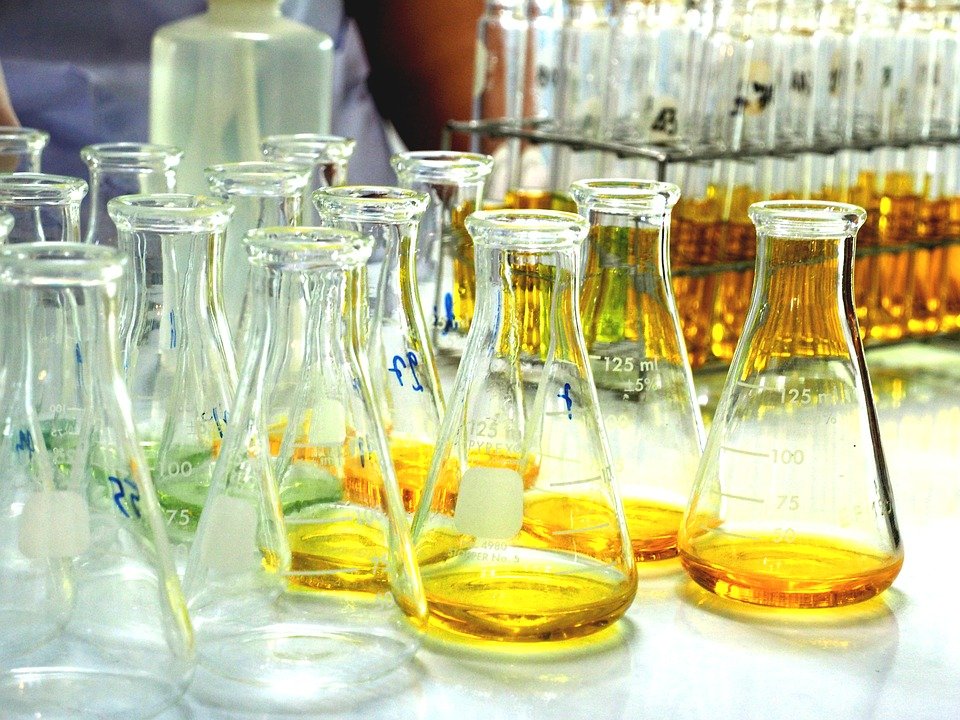Ultimate Tips on Writing Lab Reports

Lab reports are an important part of all laboratory courses, including Physics, Biology, Chemistry, Natural Science, and usually a significant part of your grade. A lab report is your chance to show what you did in your experiment, what you learned and what the results meant.
When preparing a report, it is always important to be attentive to the requirements and guidelines as they may vary greatly. Some instructors require to include lab reports into the lab notebook, while others ask to prepare the separate reports. There may be some differences in format and writing style. However, there are universal guidelines for scientific writing, and you need to make sure that your report follows them.
Lab Report Essentials
1. Title
The title should be brief and describe the main point of your investigation. Aim for less than 10 words.
2. Abstract
In about 100 or 200 words, summarize the purpose of your lab report and major conclusions.
3. Introduction
Provide background information and explain the objectives of the lab. In other words, say why you did the experiment. Keep it short!
4. Methods and materials
List the materials and methods used but don’t overwhelm the reader with details.
5. Results
Summarize the important data from the experiment, describe what they mean.
6. Discussions
Compare expected results with actual results, explain the results in terms of the purpose, suggest how the they could be improved.
7. References
Include a reference list if it is required.
General Tips on Writing
In scientific writing, it is important to follow the specific rules to make sure that your report presents data and outcomes in a clear and persuasive way.
1. Be concise. You need to say as much as needed while using as few words as possible. A lab report is not an essay, it should be concise, straightforward and to the point. Avoid repetitions and unnecessary details.
2. Write in the third person. When you’re describing an experimental procedure, don’t use the words “I,” “we,” “my.” This may be a bit difficult to get used to, so pay special attention to the wording in your lab report.
3. Use correct verb tenses. It can be difficult to decide which tense (present or past )to use in your report. When describing the experiment, you need to use the past tense, as it has already been conducted. When you are talking about the equipment, theory or report that still exist, use the present tense.
4. Write about the real results. Resist the temptation to lie about the results in your lab report. Write about what really happened and not what should have happened. If something went wrong, it would be a great idea to suggest some ways to improve the work in future.
5. Don’t copy the lab manual. A manual can be a helpful guideline when you need to explain the purpose of your experiment. However, it is essential to use your own words when describing the results.
When the report is written, reread it, watching specially for lack of precision. Make sure you have enough time to edit and proofread your work thoroughly.





